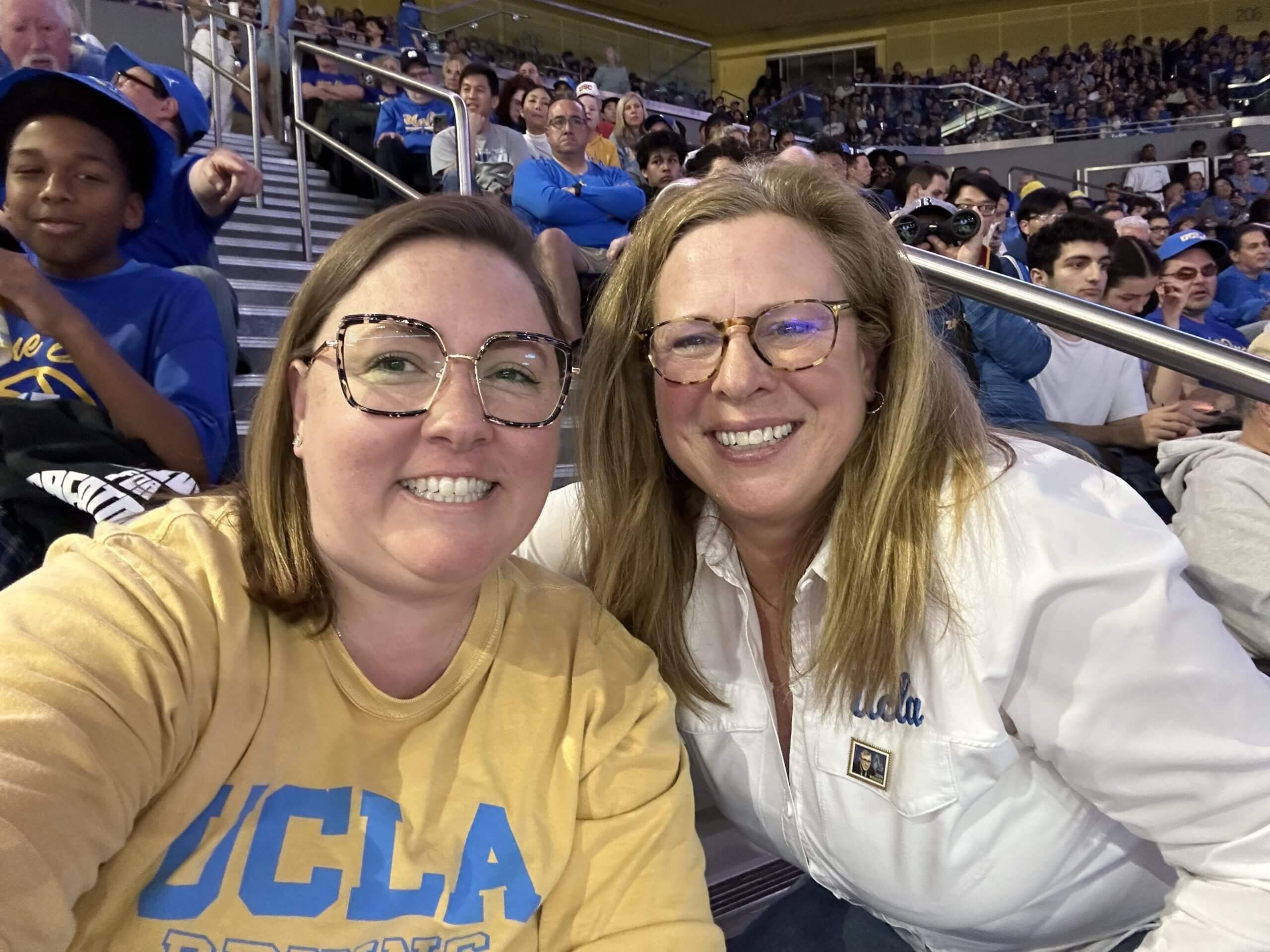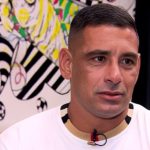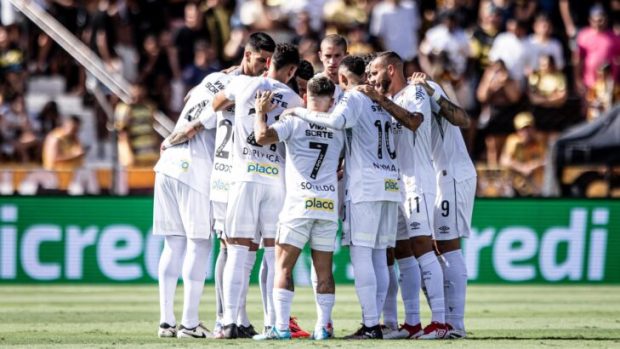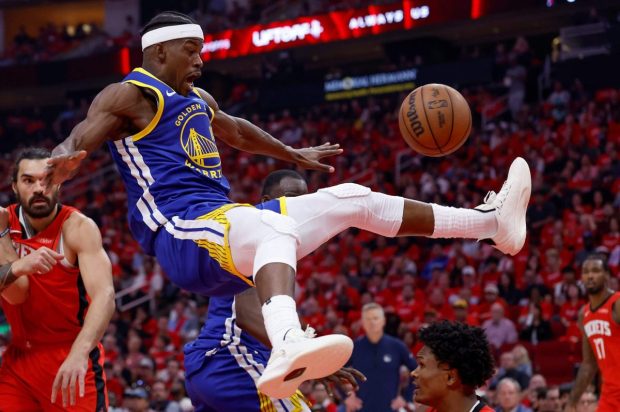
UCLA coach Cori Close wasn’t sure what she was expecting when she was invited to meet John Wooden at his home in 1993. But she could say it was definitely not … this.
The small two-bedroom apartment with one guest bathroom that was chronically broken (forcing guests to walk through the Wooden’s primary bedroom into their bathroom), the undersized patio outside the front door, the general diminutive nature of everything in the space for a coach whose teachings and lessons had seemed to permeate every level of basketball in America — at first, it didn’t add up.
Advertisement
Close was a rookie coach, straight out of her playing days at UC Santa Barbara and working as an assistant on the UCLA women’s staff. Her counterpart (in terms of rank) on the men’s staff, Steve Lavin — now the head coach at San Diego — mentioned to Close that he had been meeting with Wooden every few weeks to discuss basketball and life.
On a random Tuesday in November, Lavin surprised Close by showing up after one of the UCLA women’s practices and told her that he had informed Wooden that she’d be tagging along that night. At first, she was nervous. She remembers telling Lavin, “I’m not prepared. I can’t go.”
He laughed and asked what kind of preparations she’d need to do. Close wasn’t sure, but she knew she felt anxious about meeting a coach she, a born-and-raised Californian, had long admired.
As she stood outside Wooden’s door, she remembers beginning to sweat, and when he opened it, he looked straight past Lavin and said, “Who are you?”
Close opened her mouth and tried to introduce herself, but could barely even get her name out before stumbling over saying, “Cori Close.”
“It sounded like my name, ‘Cori’ had 10 syllables,” she said.
He asked how she spelled it, and she did — C-O-R-I. Wooden smiled. He grabbed her arm and led her inside to a small stool that read “CORI,” and told her that he had an 18-year-old great-granddaughter named Cori.
“I always joke that if I spelled it C-O-R-E-Y,” Close said, “he would’ve never let me in the door.”
But Wooden did. And in that first visit, which lasted two hours, she remembers being impressed — mostly — with his humility. Here was a man who had coached UCLA from 1948 to 1975, winning 10 national titles, all between 1964 and his retirement. His teams set a men’s record, winning 88 straight games. As a former college player, he had become the first three-time All-American in basketball history.
Advertisement
Close was 22 and the lowest-paid assistant on a UCLA women’s staff that would go on to coach the squad to a 15-12 record. She hadn’t won anything. Her name wasn’t in any record books. And yet, here she was sitting on John Wooden’s couch in John Wooden’s living room, conversing with … John Wooden. She could hardly believe it.
She asked him about basketball but was surprised when he returned the questions her way, asking Close what she thought. The conversation was free-flowing and centered around their lives. Even then, at 83 years old, he was still convinced he could learn from others.
“I remember two hours feeling like 20 minutes,” Close said. “I didn’t want to miss a word because the wisdom was dripping from everything that he said. I’d obviously followed him, growing up and knowing about him, but when I met him, it was just so obvious why he was as successful as he was, because his character was so unwavering, and his principles were so steeped in great thought and consistency.
“It was the start of something that I had no idea how powerful it would be. I just felt lucky to be there.”
Close spent two seasons as a UCLA assistant, and after that initial night, her trips to Wooden’s apartment became an every-other-week tradition. She’d always stop at Baskin-Robbins and pick up a pint of one of Wooden’s favorites — strawberry or lemon custard.
“It didn’t matter if it was breakfast time or dinner,” Close joked. “That was my ticket in the door.”
Even in 1995, when she got the opportunity to become an assistant at her alma mater, UC Santa Barbara, she’d still make the two- to three-hour drive to see Wooden as often as she could. In 2004, when the opportunity opened for Close to become an associate head coach at Florida State — 2,500 miles away from Southern California — Close sought counsel from Wooden. He reminded her that he had spent the entirety of his life (outside of his time in the military) in Indiana before coming to California. Sometimes, time and distance could be great teachers.
Advertisement
Even though Close wasn’t leading her own program yet, her time with Wooden shaped her as she was becoming a coach. She took his lessons into her role as an assistant and associate head coach, trying to influence players’ lives as much as she could. Even from Tallahassee, she’d make regular trips back to Southern California to visit Wooden and her parents.
“He just impacted me in every way, shape and form,” Close said. “It was transformational.”
His biggest lesson to her? “Don’t build a program just for you,” she says she remembers. “Don’t even just build a program for basketball or athletics or even the university. Remember the banker, the baker and the community in which you have the opportunity to serve. Make sure your program serves them too.”
From 1993 until close to Wooden’s death in June 2010, the two remained close.
In April 2011, UCLA named Close its women’s basketball head coach. Wooden wasn’t there to see her take the mantle of the women’s program, but she framed and put in her office a note that he wrote her when she left for Florida State.
When Close moved back to California, she got to know Wooden’s granddaughter, Cori Andersen.
Andersen was born 10 years after Wooden retired from coaching, but at that point in his life, he was doing a lot of public speaking about how he had built his career and how his teams had found their success. She attended many of his lectures, and (like Close) had sat in his living room, hearing stories and poetry from her great-grandfather, whom she called Papa.
As she watched Close coach in those early years, Andersen was struck by how reminiscent it felt of her Papa’s words.
“He put priorities on teaching people to become a good person, to become a whole person. And there was an emphasis on sports, but really it’s on what kind of a person you are going to turn out to be, in developing habits through athletics that turn you into a better person,” Andersen said. “So, getting to know Cori and watch her coach has been kind of interesting because she does coach very much like he spoke. I wasn’t there to see him coach. Getting to see her coach is special, because I feel like she coaches like he would have.”
Advertisement
This season, Close put together the most talented roster she has ever had. The Bruins worked to incorporate transfers and young players into a core that had been in the program for two years. During the season, the Bruins dropped two regular-season games to cross-city rival USC, the second of which caused UCLA to finish second in the Big Ten. In the Big Ten tournament, UCLA came roaring back to defeat the Trojans in the title game, earning the Bruins the No. 1 overall seed in the NCAA Tournament.
Ask Close what the secret ingredient is to this group’s success — one in which quite a few individual stars have sacrificed minutes or touches — and she’ll cite a saying they’ve used often: “Sometimes you, sometimes me, always us.” It sounds like a modern interpretation of one of Wooden’s famous quotes: “The main ingredient of stardom is the rest of the team.”
A few weeks before UCLA beat LSU to advance to the program’s first Final Four of the NCAA era, Close texted Dan Guerrero, the former UCLA athletic director who had hired her in 2011. She thanked him for taking a chance on her, even though she had no head coaching experience. But more than anything, she wanted to thank him for believing “in our mission for having a total collegiate experience and to truly invest in young women from the inside out and be committed to that first.
“That’s not an easy risk to take when someone’s unproven, and I’ll be eternally grateful for that risk that they took.”
The 2025 Naismith 𝗖𝗼𝗮𝗰𝗵 𝗼𝗳 𝘁𝗵𝗲 𝗬𝗲𝗮𝗿: Cori Close!
🗞️: https://t.co/1mHPD3TUXp
#GoBruins pic.twitter.com/JblP3luGnJ— UCLA Women’s Basketball (@UCLAWBB) April 2, 2025
Perhaps, at UCLA, it didn’t feel like that much of a risk when it also seemed so familiar to the basketball program, so reminiscent of Wooden and his philosophy. The Final Four and championship banners that hang in Pauley Pavilion were built on that kind of mantra and mentality, and now, the women will finally have a Final Four banner to hang alongside the 18 that hang for the men.
Andersen became a teacher — Wooden might have said she took up the family business because coaching was teaching — and she hasn’t had a chance to attend as many games as she would like. But when she does, she’s always impressed with how unselfish Close’s teams have been. Even with an All-American center like Lauren Betts, around whom everything revolves for the Bruins, several players still have their moments.
She knows her great-grandfather would’ve loved watching this team, because it plays basketball the way he most enjoyed.
Advertisement
Andersen says she can imagine him sitting back in his rocking chair and smiling as the Bruins made a run to the Final Four, knowing the work it took to get to this point, and the joy Close has cultivated in the team through the journey.
“He would be having one of those moments, kind of rocking back in his chair and smiling to himself, having that little giggle,” Andersen said. “He would be proud, but not surprised.”
(Illustration Will Tullos / The Athletic; photos of John Wooden and Cori Close: C. Morgan Engel, George Long / Getty Images)
This news was originally published on this post .











Be the first to leave a comment